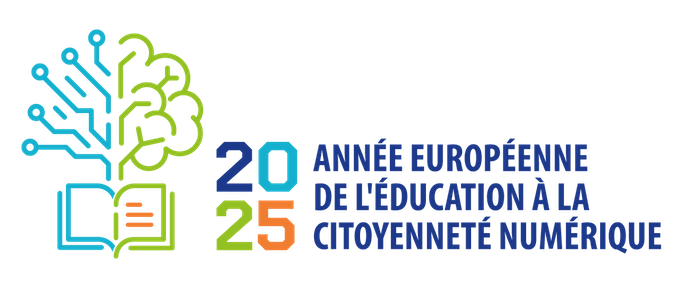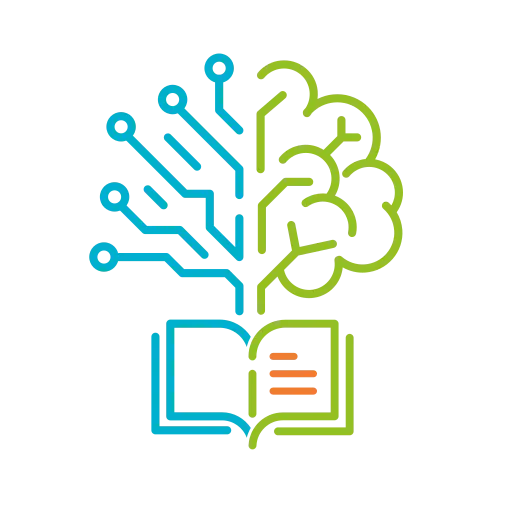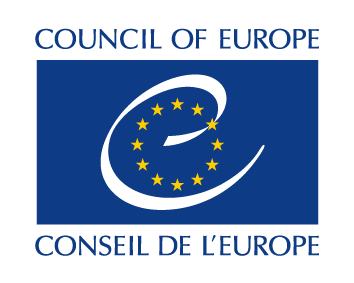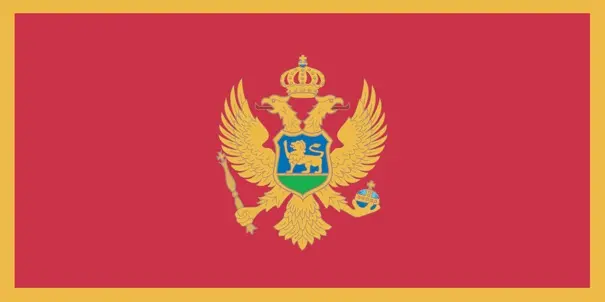- 2022-2027 Montenegro Education System Digitalisation Strategy: Develop new electronic services, create appropriate conditions in educational institutions for the successful improvement of all digital processes, Develop and improve students’ digital skills.
- Youth Strategy (2023-2027). The concept of DCE is mentioned transversally in the strategy, that acknowledges that « most important skills that are missing are related to the concept of safety on the Internet, behaviour on the Internet, protection of private data and basic rules for using technology. »
- Media Strategy (2023-2027). Improving media literacy in Montenegro is one of the key goals of the Media Strategy for the period 2023-2027.
- Framework for Digital Competence of students (Okvir digitalna kompetencija) in Montenegro is a strategic document aimed at enhancing digital literacy and skills across various sectors, particularly in education. The Framework focuses on five main areas of digital competence: Information and Data Literacy; Communication and Collaboration, Digital Content Creation, Safety and Problem solving.
- Montenegrin Framework Program of Key Competences – based on the European framework, which includes eight competencies, namely: literacy; multilingualism; mathematical competencies and competencies in science, technology and engineering; digital; personal, social and learning competence (how to learn); civil; entrepreneurial; as well as the competence of cultural awareness and expression.
- 6. According to the National Authorities responding to the online survey, the Ministry of Education in Montenegro is currently developing a comprehensive 10-year Education Reform Strategy for the period 2025–2035. The strategy is expected to be finalised and adopted by the end of 2024. The accompanying Action plan will include Framework for Digital Competence of teachers.
Sources
- https://www.unicef.org/montenegro/media/22611/file/Education%20System%20Digitalisation%20Strategy.pdf
- https://www.gov.me/en/documents/9b5ab6d4-46eb-4b6a-ab57-9c6b1c7439f5
- https://www.gov.me/dokumenta/3d29965b-5536-41d7-875f-02316d5524ed
- https://www.gov.me/cyr/dokumenta/a739dabd-8506-4b33-9276-bd9eeecc8752
- https://www.gov.me/en/documents/0e4d9a73-c7d0-4733-b6fe-35c5b7828713
- Online survey with national authorities.



